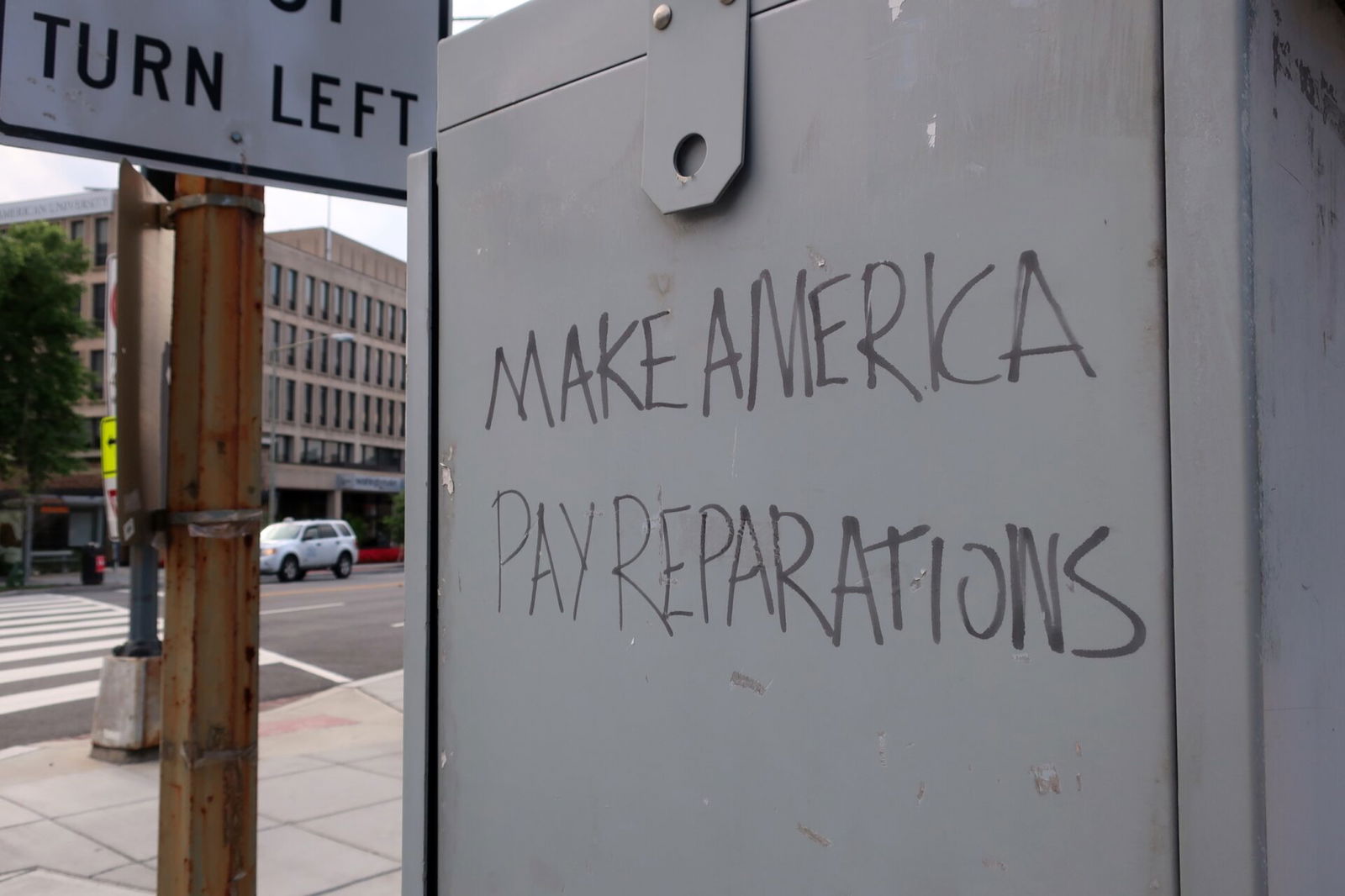
February 5, 2024
California Makes Progress On Reparations But Leaves Out Cash Payments
The bills introduced, however, seek to limit cash payments, which some, like Assemblywoman Lori D. Wilson, say is only a small piece of the pie of reparations.
Reparations are a complex political issue, but California appears to be making notable progress toward making them a reality. As NBC San Diego reported, on Jan. 31, California became the first state to introduce a comprehensive reparations package. In California, during the Gold Rush of the 19th Century, in addition to being brought to California as enslaved people to work the mines prospecting for gold, Black people also came of their own free will in search of greater opportunities for themselves. During the Great Migration, Black people relocated to California for much the same reasons that Gold Rush era Black folks did; after the end of WWII, the number of Black Californians began to explode.
However, much like Black residents in other states that did not enact Jim Crow laws, Black people in California would still be subject to second-class citizenship in different ways. In October 2020, historian Lynn M. Hudson chronicled this history in her book, West of Jim Crow: The Fight Against California’s Color Line. Hudson traces the history of discrimination in California from the 1850s through the Reconstruction Era.
As Hudson told High Country News, “I think there’s a tendency to read back this progressive mythology. But at the California Constitutional Convention (which coincided with the Fugitive Slave Law’s expansion West in 1850), Black men were saying, “This is worse here than being in a slave state.” When interviewed about her fight against segregation in Pasadena while president of the NAACP, Ruby McKnight Williams said that when she arrived in the ’30s, ‘I didn’t see any difference in Pasadena and Mississippi except they were spelled differently.’ I think we have to take those words seriously.”
This history spurred the State of California to commission a task force to examine reparations from all angles, including how much it would cost the state and what form it would take. After the task force’s in-depth review, it recommended the next steps via an extensive report. According to Ellen Nash, president of the Black American Political Association of California, “Reparations are so important because it rights the wrong in how we were treated, in terms of coming here as slaves to this country and how we were treated with the worst of the worst kind of slavery that could happen to an individual.”
Dr. Shirley Weber, who authored the bill to create the task force formally known as Assembly Bill 3121, told NBC San Diego, “As the author of AB 3121, I am pleased that the California Legislative Black Caucus has picked up the baton and is moving the state forward in addressing the recommendations delivered to them seven months ago.” The bills introduced, however, seek to limit cash payments, which some, like Assemblywoman Lori D. Wilson, say is only a small piece of the pie of reparations. “While many only associate direct cash payments with reparations, the true meaning of the word, to repair, involves much more! As laid out in the report, we need a comprehensive approach to dismantling the legacy of slavery and systemic racism.”
This omission of cash payments has led to mixed reactions, including from Erika D. Smith, a columnist for the Los Angeles Times, who called it “one of the most half-baked packages of bills that I’ve ever seen” before eventually saying, “I hope this gets better. It HAS to get better, right?”
As The Guardian reported, other cities have formed task forces to study reparations as a result of California’s bill, even though this bill seems to have left out a major recommendation from the task force, which stipulated that descendants of both enslaved and free Black Californians receive financial payments because of multiple generations of unequal treatment. For comparison, Ja’Han Jones notes in his summary of the bill that during WWII, Japanese Americans received cash payments because of the practice of placing them in internment camps, and slaveholding Americans were compensated following emancipation. The latter practice begs the question, if reparations via cash payments were fine for slaveholders, why is it so controversial regarding descendants of the people turned into property?